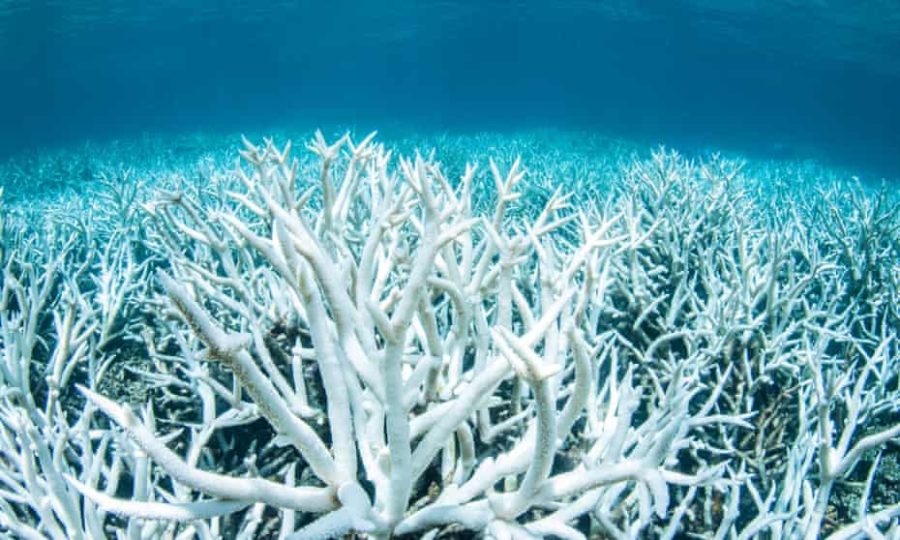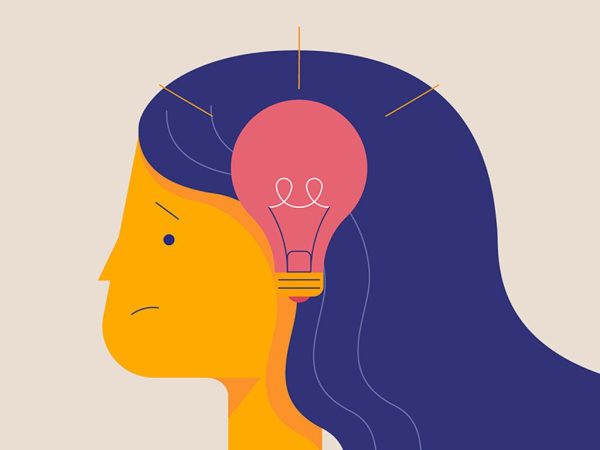Global climate change is destroying the oceans, how can we help?
It comes as no surprise to us that global climate change is increasing. We all have seen it on the news or somewhere on social media. Most citizens never pay attention to it because it doesn’t affect them. What most of us don’t realize though, is we are to blame for the rapid increase of Earth’s temperatures.
Fossil fuels like coal, oil, and natural gasses are being burned all over the world. When fossil fuels burn, they release carbon dioxide into the air. Carbon dioxide makes up about 76% of total manmade greenhouse gasses. Greenhouse gasses trap heat in our atmosphere. Then heat up the Earth, and thus aid in global climate change.
How oceans are impacted by global climate change
Oceans suffer because of global climate change. G. Tyler Miller and Scoot E. Spoolman are authors of the textbook “Environmental Science, Sustaining Your World.” On page 541, according to Miller and Spoolman, “the oceans remove about 25% of the carbon dioxide from the lower atmosphere and absorb heat. Scientists believe that 80% – 90% of the heat held in the lower atmosphere by greenhouse gasses since the 1970s have ended up in the oceans.” Half of the warming in oceans has occurred since 1997. In the ocean, there are warm currents and cold currents. Many marine species that follow migratory patterns will follow the currents even if they are altered. There are also species that depend on ocean currents for nutrients and reproduction. Ocean currents changing could affect the organisms that live in the ocean.
How living organisms are impacted by global climate change
Sharks play a big role in oceanic ecosystems. They are often considered to be top predators in the ocean. As a result of global climate change, entire species are migrating, and predators are following. Sharks are coming closer to shore because of the warming temperatures of the water. Sharks tend to swim in deep oceans, but if water close to the shore is warmer, they will be attracted to shore. Along with warmer water, there is also an abundance and diversity of food in near shore areas. Global climate change is also affecting polar ice. With the atmosphere heating up, polar ice and ice caps are melting. This ice is home to many arctic animals and is a key factor in cooler ecosystems. Since the ice is melting, many species of animals are losing their homes. Polar ice contains frozen freshwater and as that ice melts, the freshwater is moving into the oceans. As a result of more freshwater in oceans, the salinity levels are decreasing. More freshwater in oceans will change water density.
Along with freshwater decreasing the salinity, sea levels will also rise. Sea levels are rising at about one-eighth of an inch per year. One of the biggest effects global climate change is having on the oceans is coral bleaching. Coral bleaching occurs when water temperatures rise. According to the National Oceanic and Atmospheric Administration, “when water is too warm, corals will expel the algae living in their tissues causing the coral to turn completely white.” Coral is a living organism and when it becomes bleached, it dies. Coral reefs are the most diverse ecosystems on the planet, and are homes to many sea creatures.
What we can do to help
Although it would be impossible to completely stop global climate change, there are actions you can take to help. Try to save energy at home, use the least amount of energy as possible or switch your home’s energy. Walk or bike instead of driving if possible. Eat more fresh produce and don’t throw food away. Less processed food will improve your health and is better for the environment. Recycle whenever possible. Recycling helps by reusing old materials to make new ones.
Some people may argue that it is not realistic for people to change energy sources to things like solar energy and wind energy, and they are right. Not everyone will be able to, but doing the small things like recycling and producing less waste will help.
Global climate change is a very real and threatening problem to oceans. As humans continue to burn more fossil fuels and use more energy, oceans and all living creatures pay the price. We can’t convince everyone to do the most they can to help stop global climate change, but we can play our parts and do our best to help with small steps. If we want a change we have to be willing to put forth the effort to make a change.

Makayla Meeuwsen is a freshman at Jenison High School. She plays basketball, plays the alto saxophone in band, and loves to run.





